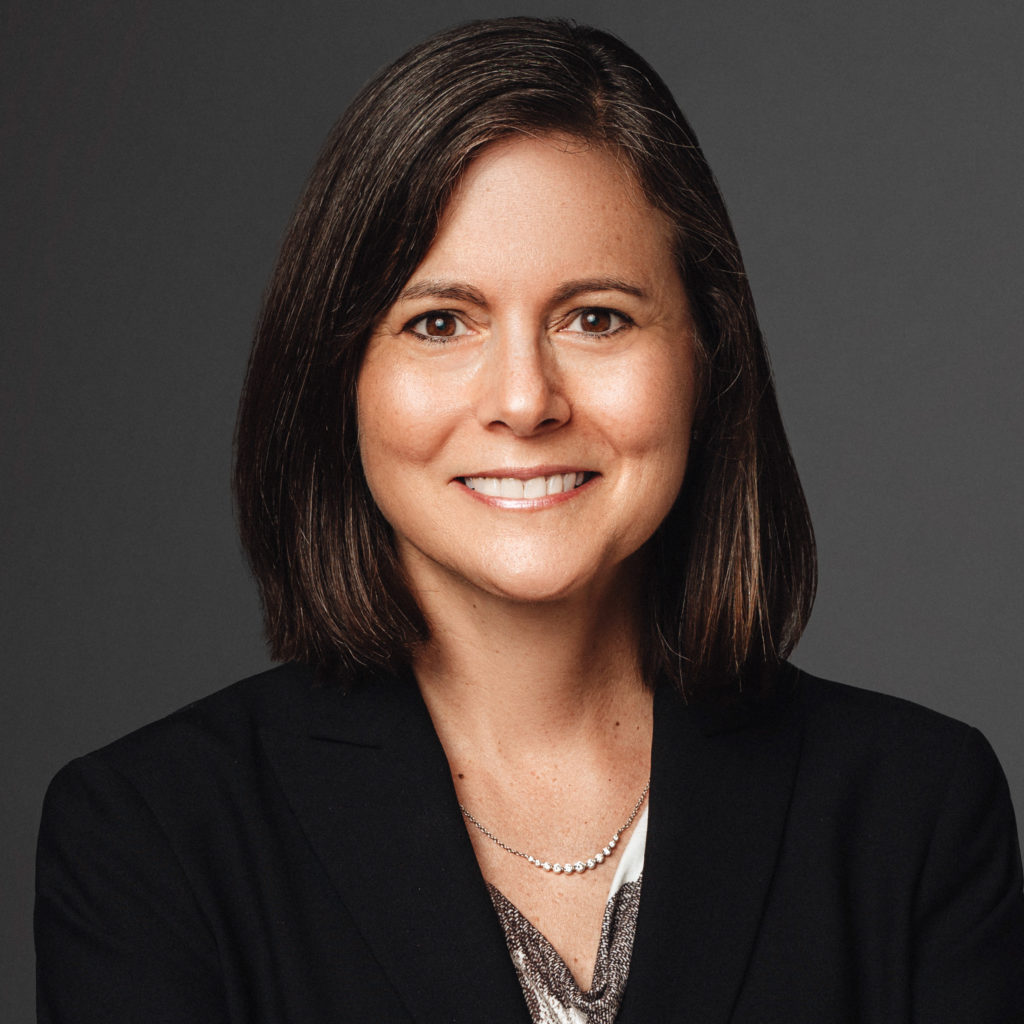
As an operator of skilled nursing facilities, you might be thinking about an acquisition this year. In 2019, healthcare M&A activity was brisk, spurred by low interest rates, the robust U.S. economy, and ongoing demographic trends. According to a report issued in July by PwC, the long-term care subsector saw the most M&A deals among healthcare segments, continuing a five-year trend since 2014. The value of long-term care M&A transactions totaled $4.2 billion in last year’s second quarter alone, according to the report. Factors such as smaller and non-profit operators ready to sell to larger organizations also came into play.
A strategic acquisition to expand your business, either regionally or across states, can enhance your efficiency and profitability. With a regional play, you can increase your market share and boost occupancy rates by leveraging relationships with local referring hospitals. Expanding into new states or regions can also provide access to underserved markets. With a larger organizational footprint and more beds, you’ll be able to realize synergies and negotiate better rates with vendors such as pharmacy, insurance, therapy and food service providers.
While there can be many benefits of expansion, acquiring one or more nursing homes and integrating them into your existing operations can be a complicated undertaking. By doing proper due diligence in advance, you can ensure a value-added transaction and avoid making a mistake with lasting consequences. Here are four key factors to consider before you green-light an acquisition in a new state for your organization.
Understand the regulatory environment. Become familiar with the regulatory climate in the new state, because each state is different. Speak with other operators and consultants to learn about common challenges and pitfalls in the new state, and know the reputation of the state you may be entering. Also consider how the regulatory environment affects competition. Are there regulatory barriers to entry (i.e., is it a CON state where supply is restricted)? Is it a heavy union state? If so, when does the current contract expire as that may impact costs? Are there any unique legal issues within the state?
Research Medicaid and Medicare reimbursement rates, methodologies and the state’s payment track record. Some states pay much slower or reimburse more than others. You should investigate the timeliness of your targeted state as the speed of reimbursements — or lack of it — will affect your balance sheet and cash flow. You should also look at the state’s bond rating and outlook. The targeted state’s creditworthiness and overall financial picture will affect how quickly you get paid.
Examine similar transactions. When acquiring a skilled nursing home, research recent transactions in that market. Consider how those buildings are the same or different from your target property. What was the purchase price as a multiple of earnings? What was the price per bed?
Assess the local market. The skilled nursing sector is a national industry with critical local differences and nuances, constituting a classic case of “think global, act local”. Analyze the local demographics, such as age, density, and income distribution. Will there be enough patients to maintain occupancy levels? What is the patient census? Are there sufficient local hospitals and healthcare facilities to generate referrals?
Another critical factor is the local competitive landscape and sub-market analysis. Who is your competition in the new market? What is their reputation? What is their CMS star rating? Are there senior housing developments nearby that can also be referral sources — or will they be competitors?
Finally, consider the local labor market. Is the local talent pool sufficient to serve your needs? Will you have to utilize agency staffing, and how will that affect the returns on your new investment?
U.S. News reports there are 1.4 to 1.5 million people living in nursing homes. According to Morningstar, 52% of people turning 65 will need some kind of long-term care in their lifetimes, and there will be nearly 88 million people over 65 by 2050. Aging Baby Boomers provide good opportunities for continued expansion. It is important to conduct careful and thoughtful due diligence in advance to make sure the next acquisition is the right move for your organization.
Andrea S. Kantor is senior vice president, head of healthcare finance at BHI, a full-service commercial bank and the U.S. division of Bank Hapoalim B. M.



